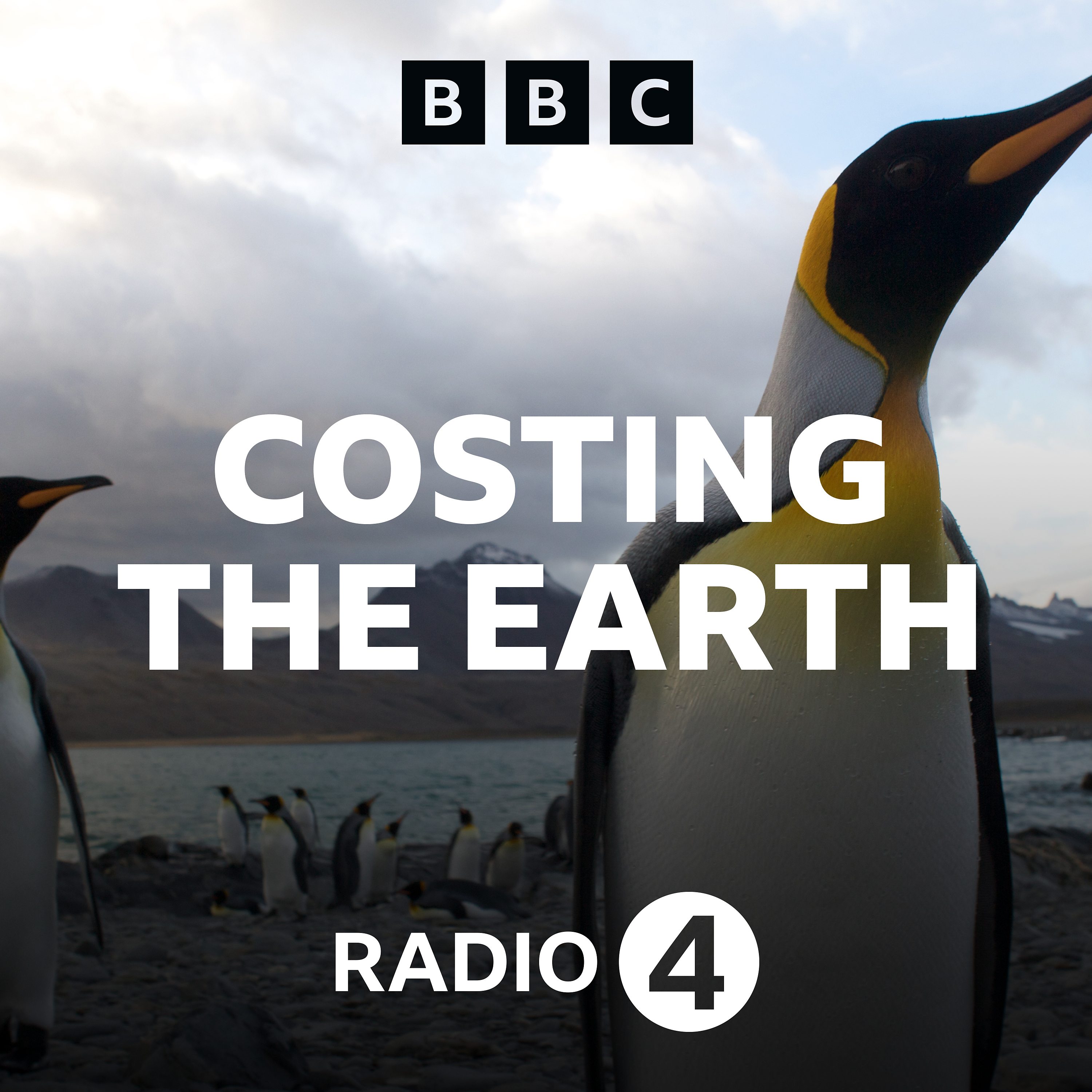Timber!
Description
Millions of trees were brought down by this winter's storms. Storm Arwen in November proved particularly damaging, taking out whole swathes of woodland in Scotland and the north of England. It comes at a time when there is more focus than ever on planting trees, with the urgent need to both tackle climate change and produce more home-grown timber. At the moment, the UK imports more than 80% of the timber it uses.
In this programme, Tom Heap visits two forest estates in the North East of Scotland, to see for himself what havoc the high winds have wrought. One estate manager tells him that they'll be clearing up for the next three years, with an estimated 45,000 tonnes of timber now lying broken on the ground. Tom finds out what this means for the work of foresters on the estate, and how it will affect the value of the timber they'll be able to sell. Meanwhile he discovers why the National Trust for Scotland is seeing the damage caused by Storm Arwen as an opportunity to re-think the kind of woodland it has on its land.
Tom talks to the Royal Forestry Society at their research site in the Chilterns, and finds out what techniques can be used to improve the resilience of woodlands to future storms. He asks whether - when the clear-up is over and it's time to re-plant - we may need to explore using different species of trees, better able to survive in the climate we expect to have in another fifty years' time. He also meets a meteorologist from Reading University, who explains what changing weather patterns may mean for storms in the future.
Producer for BBC Audio in Bristol Emma Campbell
More Episodes
Tom Heap introduces Rare Earth, a programme exploring major stories about our environment.
Published 01/19/24
Steve Backshall lives in a new build house which is very energy efficient and almost totally off-grid. However, achieving this has been extremely time consuming, expensive and pretty stressful. For this episode of Costing the Earth, Steve explores why -- when the cost of heating our homes is...
Published 05/23/23
It's said that a teaspoon of soil contains more life than all of the humans on earth. Microscopic life that is - bacteria, fungi, protozoa, nematode worms and microarthropods like springtails and mites, but there's increasing evidence that this invisible world, the earth's microbiome, is under...
Published 05/16/23


